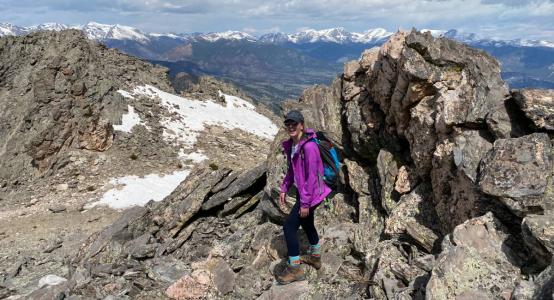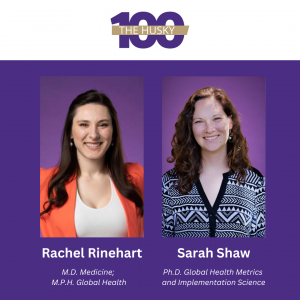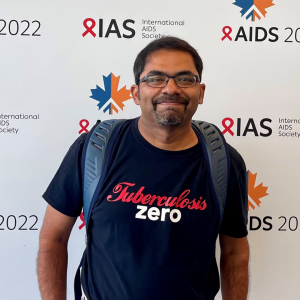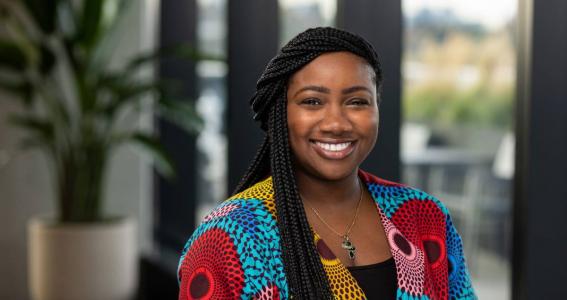Carole Green on hope and urgency for our climate and for our health
Carole Green, a master’s student at the University of Washington (UW) School of Public Health, studies how prepared our cities and countries are to adapt to climate change’s impact on our health. Green works with faculty in the Department of Global Health, at the UW Center for Health and the Changing Environment (CHanGE), and at the Lancet Countdown — a global team of experts reporting climate change updates — to understand the health risks and vulnerabilities communities face.



